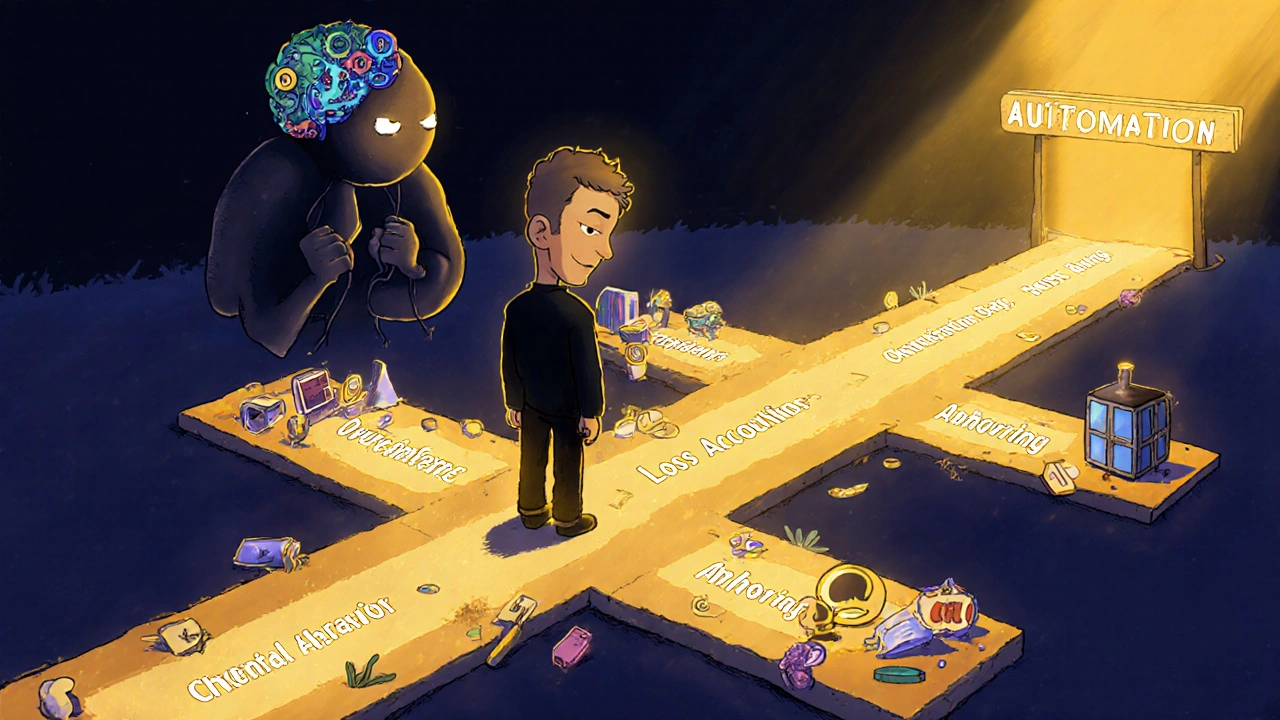Behavioral Finance Biases: Why Your Brain Sabotages Your Investments
When you hold onto a stock that’s lost half its value, it’s not because the market is wrong—it’s because your behavioral finance biases, mental shortcuts that distort financial decision-making. Also known as investor psychology, these biases are the hidden force behind most money mistakes. You’re not irrational—you’re human. And every investor, no matter how smart, gets caught in these traps.
Take the sunk cost fallacy, the urge to keep investing in something because you’ve already spent time or money on it. It’s why you keep paying for a gym membership you never use, or why you refuse to sell a losing stock just because you bought it at $100. Your brain treats past losses like a debt you must repay—even when it makes zero financial sense. Then there’s hope bias, the belief that a losing investment will magically rebound because you really want it to. It’s not optimism—it’s denial dressed up as strategy. And don’t forget loss aversion, the fear of losing money that’s stronger than the joy of gaining it. Studies show people feel the pain of a $100 loss twice as intensely as the pleasure of a $100 gain. That’s why you sell winners too early and cling to losers.
These aren’t abstract theories. They’re the reason you miss market dips, overpay for hot stocks, and ignore diversification. The posts here don’t just name these biases—they show you exactly how they show up in real portfolios. You’ll see how people cling to failing crypto investments, why ESG portfolios get mismanaged by emotional choices, and how even robo-advisors can’t fully protect you from your own instincts. You’ll also find real strategies to outsmart your brain: when to cut losses, how to reset your mental accounting, and how to build systems that bypass emotional decisions. This isn’t about becoming a robot. It’s about using your brain smarter.
Behavioral Finance Biases: Common Money Mistakes and How to Fix Them
Learn how common psychological biases like loss aversion, overconfidence, and herd behavior lead to costly money mistakes - and how to fix them with simple, proven strategies.
View More